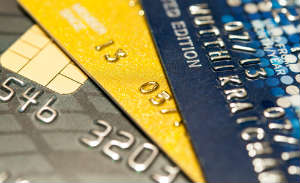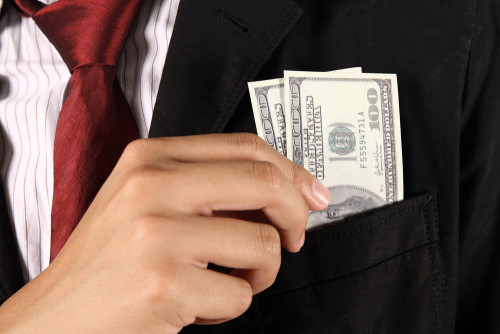Category: Fraud
There are many different types of white-collar crimes in New Jersey that involve fraud. However, cases concerning credit card fraud are different from other fraud cases. There are numerous ways in which a person can commit credit card fraud in New Jersey, and defendants who have been charged…
I often get people in my office that have issued a check to somebody where that check later bounced and now they may be with passing a bad check, and the question usually is: am I guilty for passing that bad check? The answer to that is maybe….

